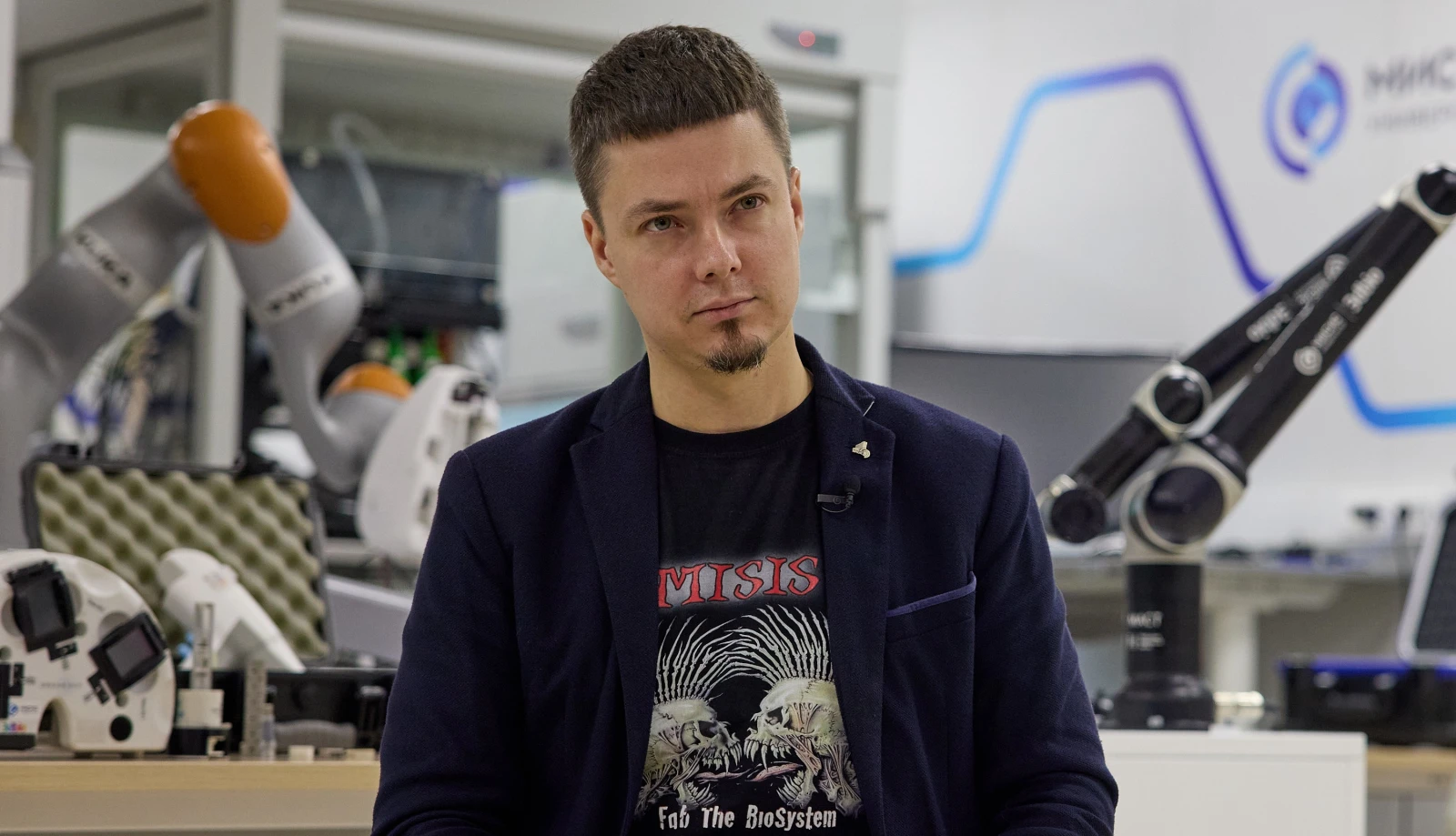“Inventing the Future” Symposium to Discuss How Biomedical Technologies Will Transform Human Life

Scientist and Director of the Institute of Biomedical Engineering at NUST MISIS, Fyodor Senatov, shares insights on the human of the future and the possibility of creating a fully biomechanical body.
With advancements in modern technology and medical trends, questions arise about the future human appearance. According to Fyodor Senatov, future humans will look largely the same but will enjoy improved health.
“This is due to the gradual increase in life expectancy, though new diseases associated with aging are also emerging. We can imagine that people will initially encounter these or other new diseases, or existing ones will intensify – such as cancers at more advanced ages. However, gradually, new treatment methods will be developed,” the expert explains.
Speaking about the use of biomechanical technologies, Fyodor Senatov emphasizes that the focus should be on restoring lost functions rather than creating artificial humans.
“There is no need to go all cyberpunk and attempt to create an artificial human. The goal is to regenerate lost tissues or organs that are essential for a comfortable and active life. For instance, if a person loses an arm, bionic prosthetics can be used, and these are continually improving. In the future, we may see prosthetics optimally integrated with neural interfaces, enhancing feedback between artificial limbs and the human body,” Senatov highlighted.
On July 1, 2024, President Vladimir Putin signed an Order establishing the Russia National Centre to preserve the legacy of the Exhibition and to showcase the country’s achievements on a permanent basis.
The International Symposium “Inventing the
Future” will be held on November 4-6 at the Russia National Centre. The
Symposium participants will include scientists and researchers, futurists and
forecasters, science fiction writers, and government representatives.
